Introduction
Hey there, fellow dog parent! Ever found yourself wondering just how often you should bathe your furry friend? You're not alone. Keeping your dog clean is crucial for their health and happiness, but finding the right balance can be tricky. Too many baths can dry out their skin, while too few can lead to odor and irritation. Let's dive into the details to find the perfect bathing routine for your beloved pup.
Understanding Your Dog's Coat
Before we talk about bathing frequency, it's essential to understand your dog's coat type. Different dogs have different needs based on their coat's texture and length.

Different Types of Dog Coats
- Short, smooth coats (like Beagles and Boxers) are generally low-maintenance.
- Double coats (such as Huskies and German Shepherds) have a dense undercoat and require more grooming.
- Long, silky coats (like those of Yorkies and Shih Tzus) need regular attention to prevent matting.
-
Curly or wavy coats (such as Poodles and Labradoodles) can trap dirt and moisture easily.
General Bathing Guidelines
So, how often should you bathe your dog? For most dogs, once a month is a good general rule. However, this can vary based on several factors.
Factors Influencing Bathing Needs
-
Activity Level
- High activity dogs: Dogs that love rolling in the mud or swimming will need more frequent baths.
-
Indoor vs. outdoor dogs: Indoor dogs generally stay cleaner longer than outdoor adventurers.
-
Health Conditions
- Skin conditions: Dogs with allergies or skin issues might require medicated baths prescribed by a vet.
-
Allergies and sensitivities: If your dog has sensitive skin, you might need to adjust their bathing routine.
-
Breed Specific Needs
- Oily coats: Breeds like Basset Hounds have oilier skin and might need more frequent baths.
- Dry skin: Breeds prone to dry skin, such as Greyhounds, benefit from less frequent bathing and more moisturizing.

Signs Your Dog Needs a Bath
Keep an eye out for these signs that indicate your dog might need a bath:
- Odor: If your dog smells, it's probably bath time.
- Dirty or matted fur: Visible dirt and tangles are clear signs.
-
Skin irritation: Redness or itching can indicate a need for cleaning.
How to Bathe Your Dog
Preparation
- Gather supplies: Shampoo, conditioner, towels, and a brush.
-
Brush your dog: Remove loose fur and detangle.
Bathing Process
- Water temperature: Use lukewarm water, as hot water can dry out your dog's skin.
-
Applying shampoo and conditioner: Lather gently and thoroughly. Make sure to use dog-specific products.
Post-Bath Care
- Drying your dog: Use a towel and possibly a hairdryer on a low setting.
-
Brushing and grooming: Post-bath brushing helps remove any remaining loose hair and tangles.
Choosing the Right Products
Selecting the right shampoo and conditioner is crucial for your dog's skin and coat health.
Types of Shampoos
- Regular dog shampoos: Suitable for most dogs.
- Medicated shampoos: For dogs with skin issues, as prescribed by a vet.
-
Oatmeal shampoos: Great for sensitive skin.
Conditioner Use
Conditioners help keep the coat soft and tangle-free, especially for long-haired breeds.
Avoiding Harmful Ingredients
Stay away from shampoos with artificial fragrances and harsh chemicals. Look for natural ingredients instead.

Dealing with Bathing Challenges
Bath time can be a struggle, but it doesn't have to be.
Dogs That Fear Baths
- Gradual introduction: Start with short, positive experiences.
-
Use treats and praise: Reward your dog to create positive associations.
Making Bath Time Enjoyable
- Toys and treats: Make it fun by incorporating toys and treats.
-
Calm environment: Keep the bathing area calm and quiet.
Tips for a Stress-Free Bath
- Consistency: Regular baths help your dog get used to the routine.
-
Gentle handling: Be gentle and patient to avoid stressing your dog.
Alternative Cleaning Methods
Sometimes, a full bath isn't necessary. Here are some alternatives:
Dry Shampoos
These are great for quick clean-ups and in-between baths.
Wipes and Sprays
Dog wipes and sprays can help keep your dog fresh without the hassle of a bath.
Regular Brushing
Regular brushing can significantly reduce the need for frequent baths by removing dirt and debris.
When to Seek Professional Help
Professional Grooming Services
If you’re unsure about bathing your dog or they have special needs, professional groomers can help.
Benefits of Professional Groomers
Groomers are trained to handle all coat types and skin conditions, ensuring your dog gets the best care.
Seasonal Considerations
Bathing needs can change with the seasons.
Summer vs. Winter Bathing Frequency
- Summer: Dogs might need more frequent baths due to sweat and dirt.
-
Winter: Less frequent baths to prevent dry skin.
Protecting Your Dog’s Skin in Different Weather
Moisturizing products can help keep your dog's skin healthy regardless of the season.

Common Mistakes to Avoid
Avoid these pitfalls to keep your dog's skin and coat healthy.
Over-Bathing
Too many baths can strip natural oils, leading to dry skin.
Using Human Products
Human shampoos can be too harsh for dogs. Always use products formulated for dogs.
Not Rinsing Thoroughly
Leftover shampoo can cause irritation. Rinse well to avoid this.
Healthy Skin and Coat Maintenance
A healthy coat starts from within.
Importance of a Balanced Diet
A diet rich in omega-3 and omega-6 fatty acids supports healthy skin and coat.
Regular Vet Check-Ups
Routine vet visits help catch skin and coat issues early.
Supplements for Skin Health
Consider supplements if recommended by your vet to support your dog’s coat health.
Conclusion
Finding the right bathing routine for your dog is essential for their health and happiness. By understanding your dog's specific needs and following the guidelines above, you can keep your furry friend clean and comfortable. Remember, every dog is unique, so adjust the routine to what works best for you and your pet.
FAQs
How often should I bathe my puppy?
Puppies can be bathed every three weeks, but always check with your vet.
Can I bathe my dog if they have fleas?
Yes, but use a vet-recommended flea shampoo.
What should I do if my dog hates baths?
Gradually introduce them to water and use positive reinforcement.
Is it okay to bathe my dog every week?
Only if they have specific needs like allergies. Otherwise, it can dry out their skin.
Can I use human shampoo on my dog?
No, human shampoos are not formulated for dogs' skin and can cause irritation.


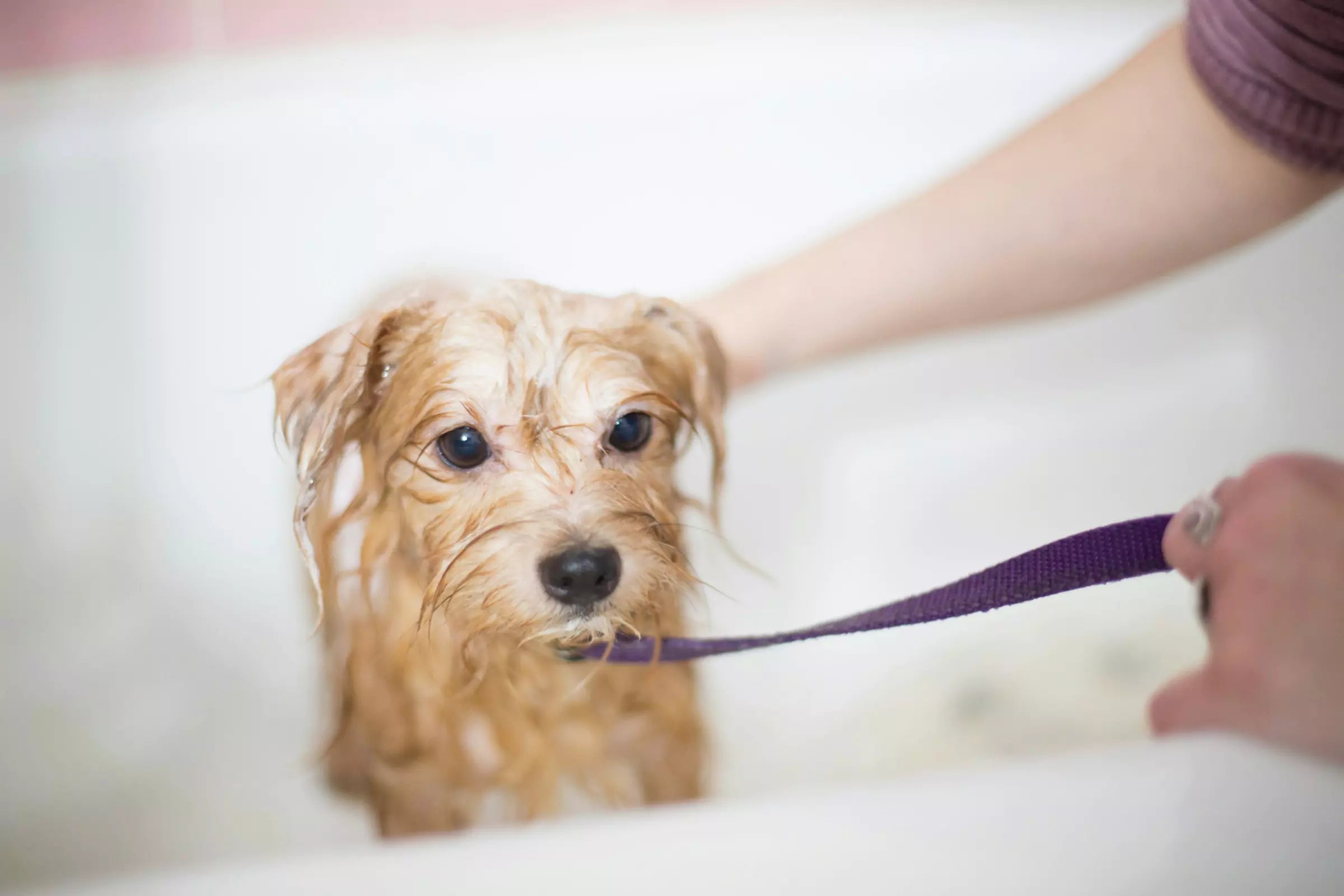
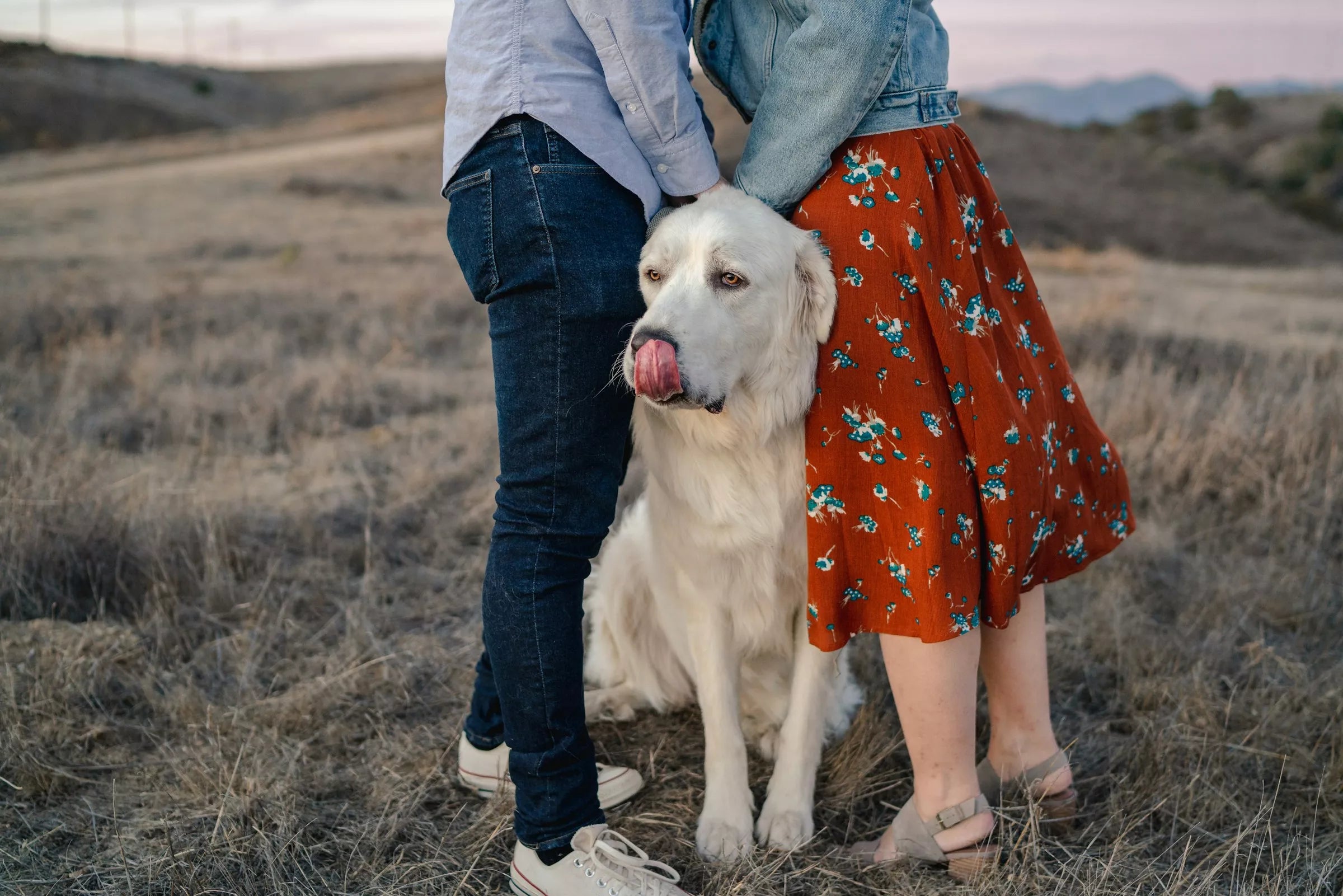
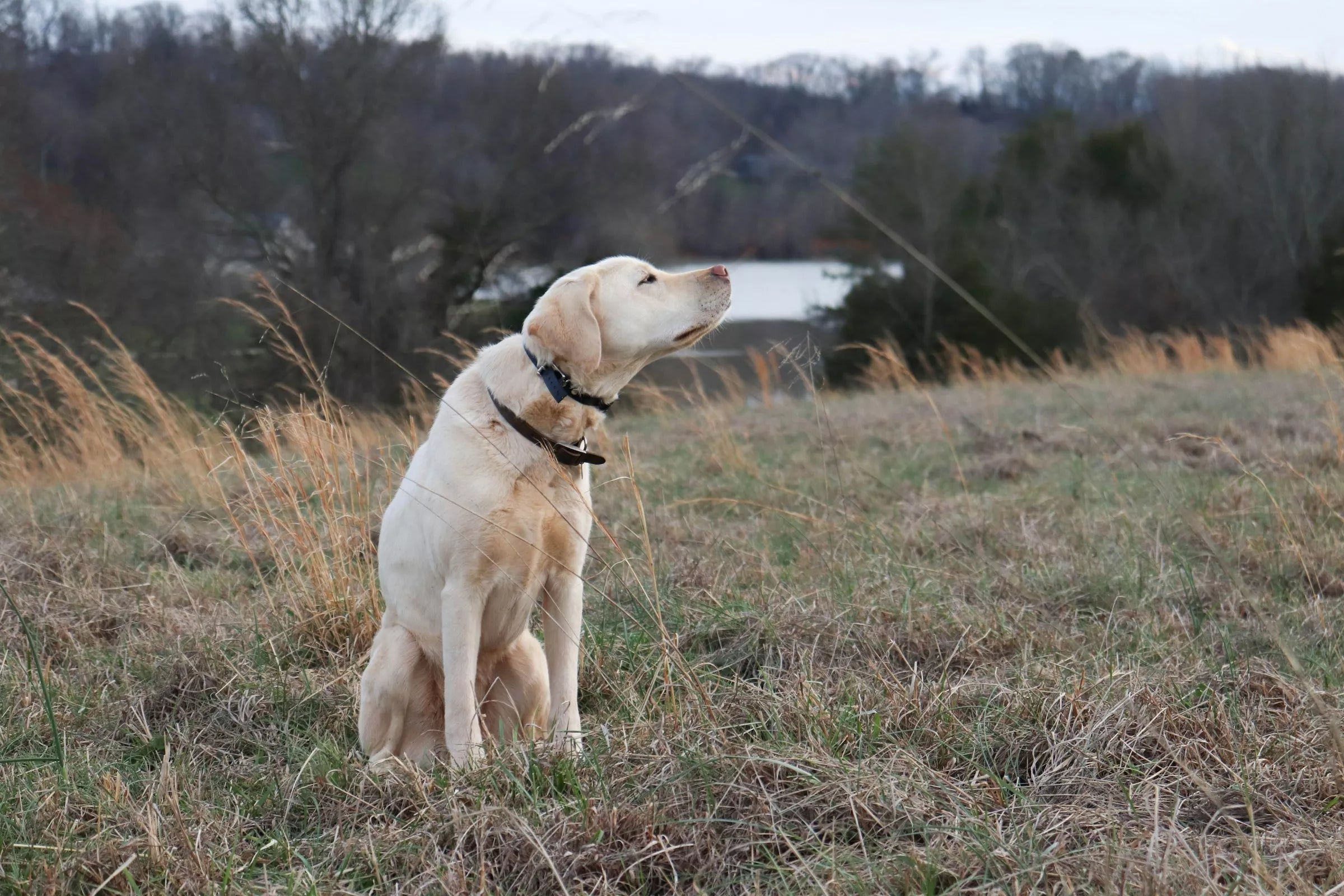

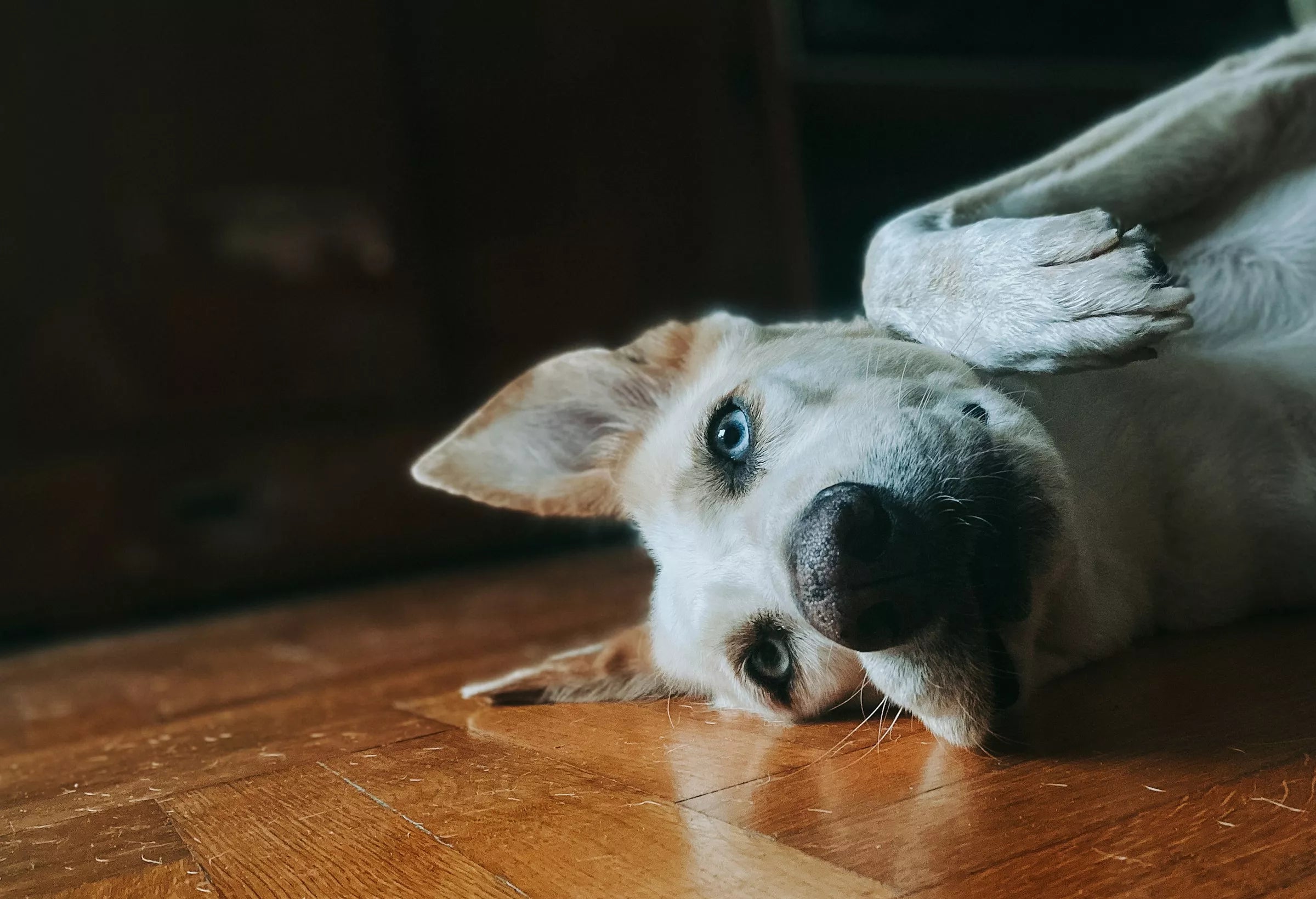

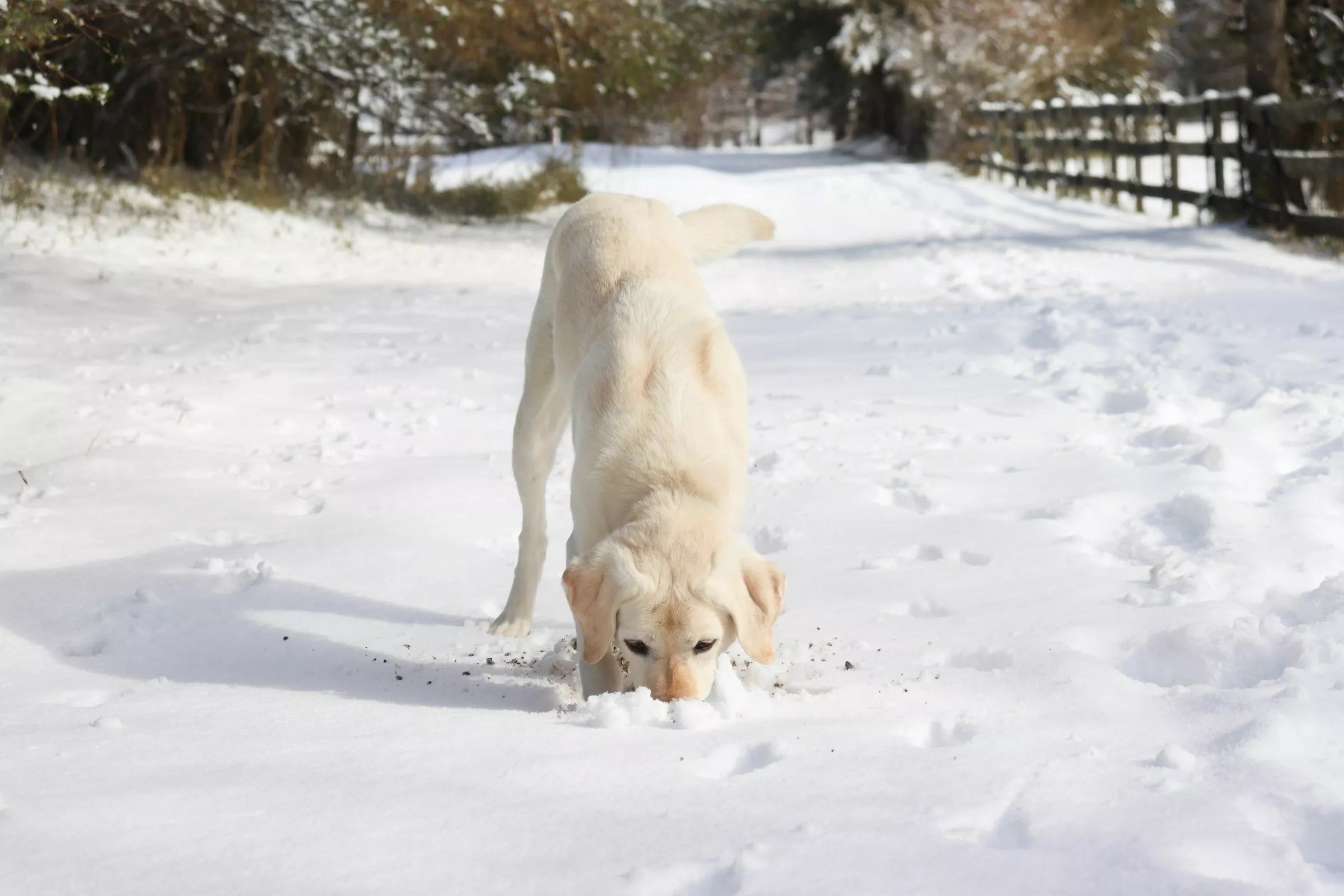






Share:
The Benefits of Grain-Free Dog Food
Are Dog Parks Good For Dogs?